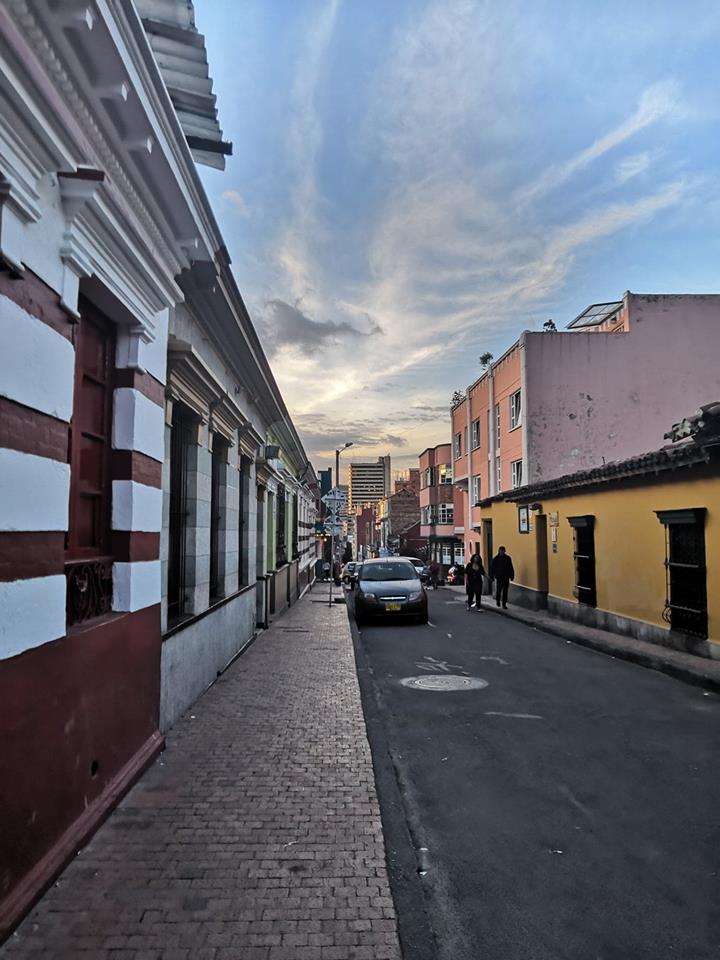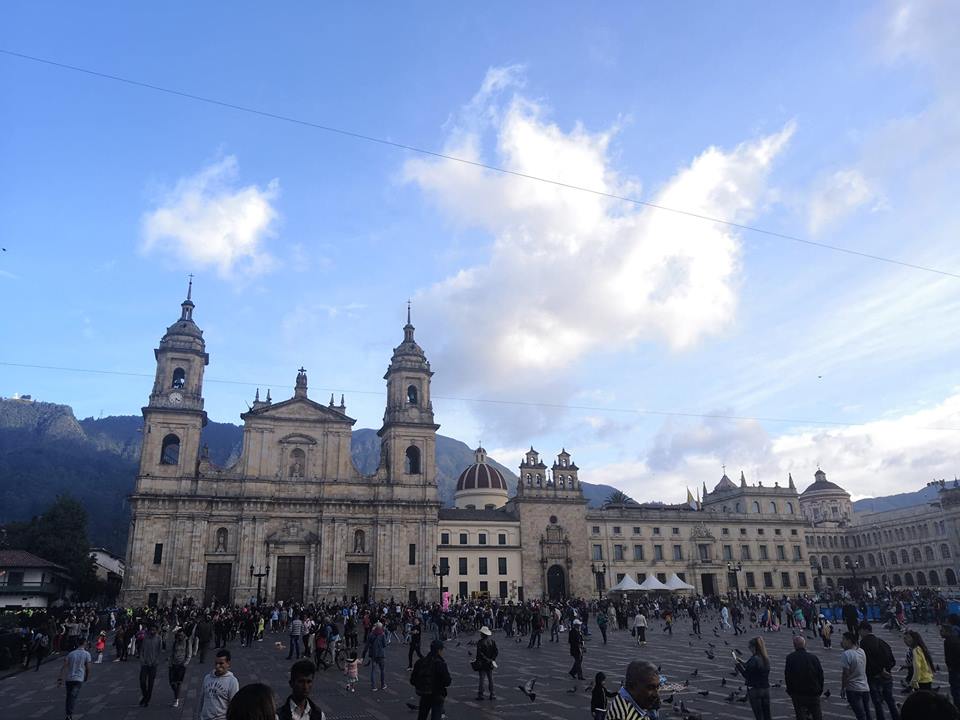by Mia Willmott, Year Abroad Spanish and Portuguese
Anyone’s year abroad (or YA as it is more commonly known) is anticipated for years. We dream about drinking red wine with Italians or hopping aboard a wooden boat to explore the Amazon River. I remember contemplating my options at a university Open Day, aged seventeen, wondering where I might go during this magical year. Yes, we romanticise, and dream, and pore over the Pinterest travel boards, even though our lecturers make it very clear that, “This is not a gap year; you are expected to work.” Despite the warnings, we jump in, hoping to come out the other side fluent in a language (or three), and having seen more of this multicolour world. It’s true that this year is phenomenal, and a once-in-a-lifetime experience, but it's also fraught with disappointment, misunderstanding, and the exhausting unknown.
In first year we hear stories of the embarrassing moments on Italian trains and see the pictures of coffee-sipping Parisians and indigenous Peruvians. This is what’s to come, we think, a year of wonder and culture. Everybody is trying to figure out how to play it; how far out of his or her comfort zone they’re willing to dive. Do I work or study? How do I find a job? Will I find somewhere to live? These questions are repeated so often through your mind that they set up camp and become the go-to topic of conversation for any group of language course mates.
some pics from when i studied abroad in Rome a year ago...take me back ugh 🇮🇹 pic.twitter.com/uOtJGng1Fi
— shann (@shanshaygundy) February 5, 2019
By second year the reality hits harder after the first few YA meetings. Decisions have to be made and job applications written. The questions that once camped out in first year become a daily battleground, as you try to keep your cool while everyone else seems to have it all sorted by January. We trudge through email after email trying to find a job or organise a study placement, wishing we didn’t have to create a Spanish CV and praying someone wants to employ us for that minimum of 18 weeks.
Then, with exams done, summer arrives, and the year sprawls ahead of us. Some people leave early, others slightly later. I boarded a plane to Bogotá, Colombia, in August and worked there for five months. In my first week I remember feeling in the ocean depths of my comfort zone. Achieving the basics of life felt like the greatest accomplishment: finding my local supermarket, withdrawing cash (third time lucky), getting a Colombian sim card, having a conversation with the security guard, topping up my Tu Llave card (think Oyster card, but for Colombian buses), ordering lunch with colleagues… this first month is a rollercoaster. The ups so high that anything feels possible. The lows so low that you wonder whether you’ll make it to the end in one piece.

Epigram / Mia Willmott
The first month flies by, then the second, and then the third. By now you’ve found somewhere more permanent to live, you’ve got a few local people you know and trust, you know how your job works, you’ve chatted to the barista at your local coffee place, and the owners of your local grocers know your face. The buzz of life in a new place has worn off and in its place normal life resumes - just this time in a different language.
For me, this was the point I realised I’d somehow managed to create a life for myself in Bogotá. I realised that I understood how the buses worked and how to top up my phone; I had a witty reply for the inevitable ‘and your boyfriend?’ question from yellow taxi drivers; I’d visited other towns and cities; I could comment on Colombian politics; laugh about the costeño accent; I had a social life that wasn’t just built around expats. These things added up, filled a week and made a life.

Epigram / Mia Willmott
I left Colombia with a love for its culture, history and people, and I’m soon to begin the second half of my year in Portugal. They don’t tell you how unnerving it can be leaving one place, having established your life there, and heading to your second location to start it all again. I’m gearing up to it and of course the excitement is there, but knowing that the reality of life abroad isn’t always what the Pinterest boards portray keeps your feet on the ground, even though your head is in the clouds dreaming of that exotic summer destination.
Featured image: Epigram / Mia Willmott
What do you think about a year abroad? Get in contact!









